Table of contents
What Is a Kegel Exerciser (and Why the Term Is Confusing)
The Real-World Challenge – Activation, Effort, and Consistency
Internal vs External Devices
What Kegel exercise device is best for me?
Surgery: A Last Resort
What Are Other stress urinary incontinence treatments? Mixed and Urge Incontinence?
What Kegel Exercises Are and Where They Fall Short
Kegel exercises involve voluntarily contracting and relaxing the pelvic floor muscles to improve strength and control, keeping your pelvic floor healthy. When done correctly and consistently, they can improve urinary and fecal incontinence, joint pain, backaches, and childbirth recovery. They may even increase sexual pleasure with more intense orgasms by strengthening the vaginal walls. Unfortunately, research shows that 1 in 4 women do Kegel exercises incorrectly.
Why Kegels don’t work for everyone
Many people struggle with Kegels for a variety of reasons:
- It can be difficult to identify and isolate the correct muscles
- Very weak or deconditioned muscles may not contract strongly enough to improve
- Fatigue sets in quickly, especially early on
- People often compensate using abdominal or glute muscles without realizing it
- Results depend heavily on long-term consistency
For individuals with significant muscle weakness or difficulty activating the pelvic floor, exercise alone may not be enough. Additionally, it does take dedicated time and the motivation to do so.
What Is a Kegel Exerciser (and Why the Term Is Confusing)
“Kegel exerciser” is often used to describe any device related to pelvic floor health, but it can mean very different things depending on the context.
Medically and functionally, a Kegel exerciser is a tool designed to assist with performing Kegel exercises. These devices rely on voluntary pelvic floor muscle contractions and do not activate muscles on their own. Common examples include vaginal weights or cones, resistance-based devices, and sensor-based tools that detect contractions.
At the same time, many people use the phrase “Kegel exerciser” more loosely to mean any device that helps with pelvic floor problems — including devices that work more automatically. Devices that use neuromuscular stimulation activate the pelvic floor muscles automatically, producing Kegel-like contractions, even though the user does not have to consciously contract or “do” Kegels.
Understanding this distinction is important when comparing pelvic floor options, because treatments that rely on voluntary exercise work very differently from treatments that activate muscles for you.
How Pelvic Floor Trainers Differ from Basic Kegel Exercisers
Pelvic floor trainers are a more specific type of Kegel exerciser. Instead of adding resistance, they use sensors to detect pelvic floor contractions and provide feedback, often through a mobile app or visual interface.
Pelvic floor trainers can help users:
- Learn whether a contraction is occurring
- Improve technique
- Stay motivated through guided programs or games
However, pelvic floor trainers do not stimulate the muscles. Like all Kegel exercisers, they still rely entirely on the user’s ability to voluntarily contract the pelvic floor muscles.
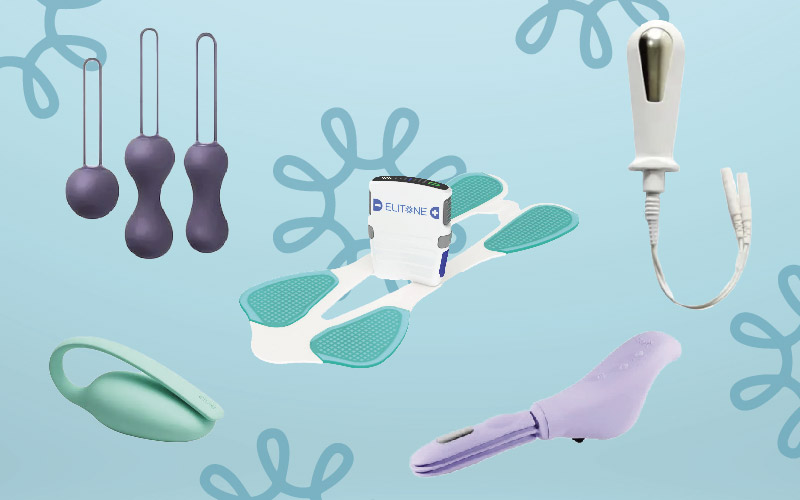
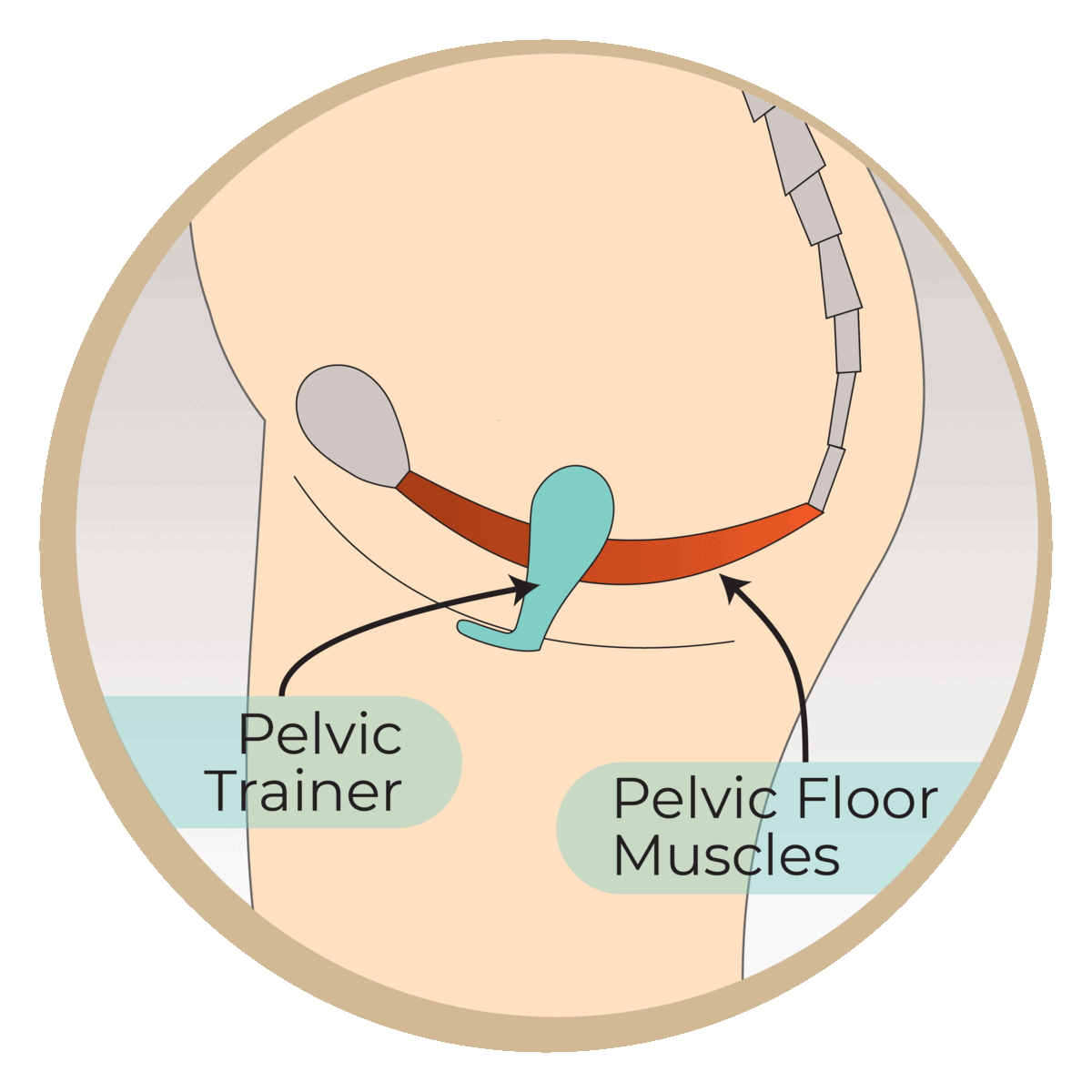
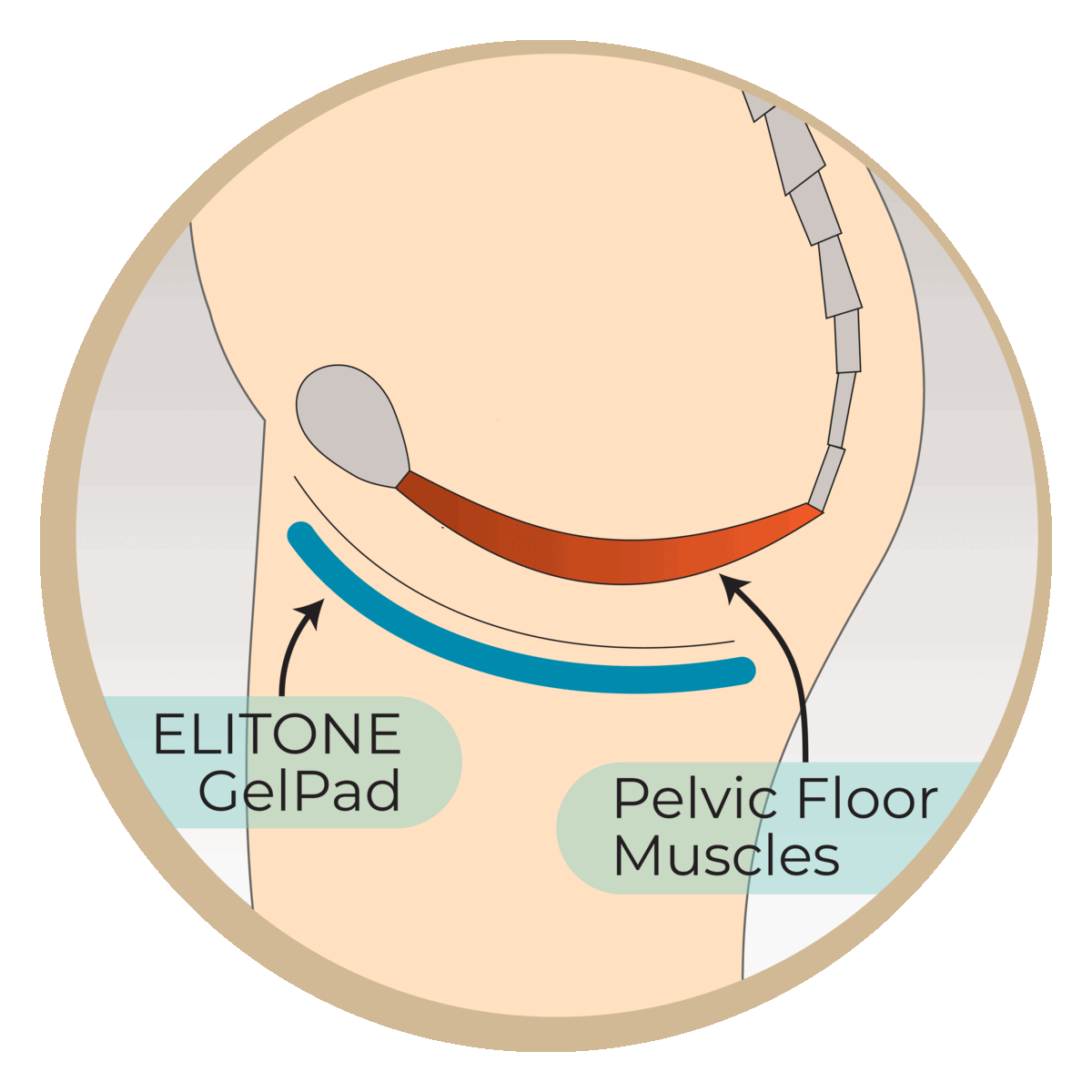
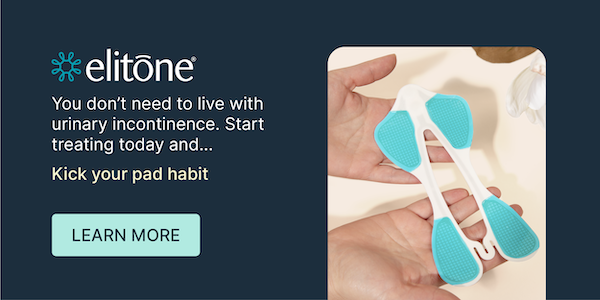
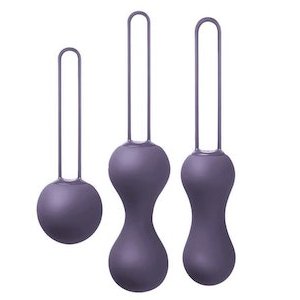
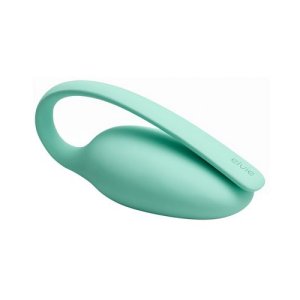
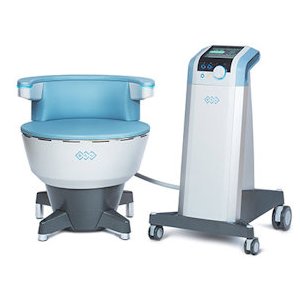
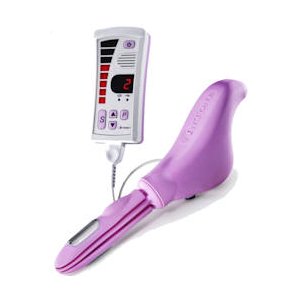

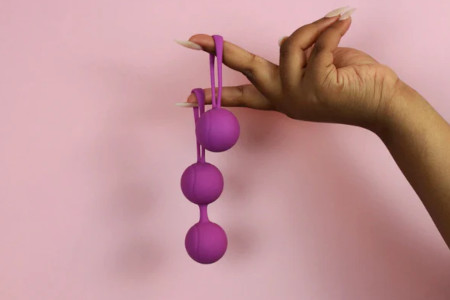
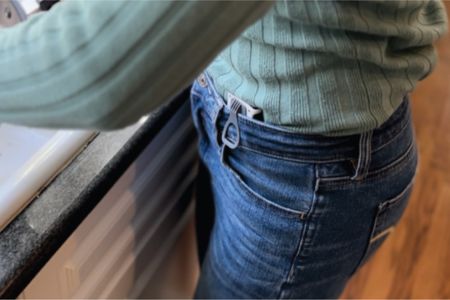
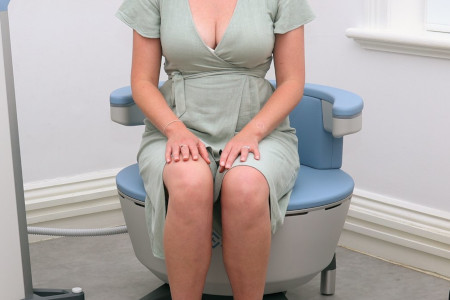

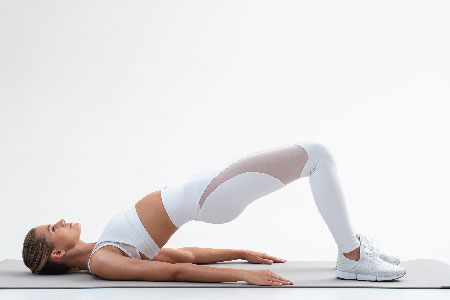
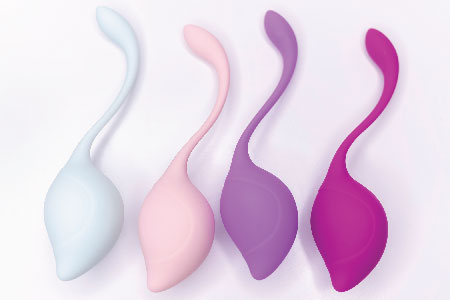
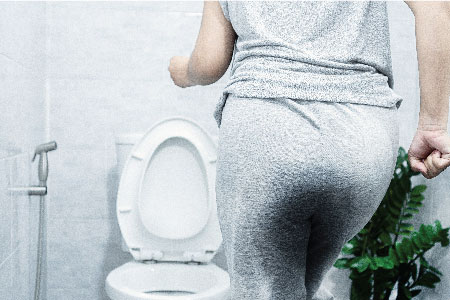



;?>/smartquizbuilder/includes/images/sqb-registration-img.jpg)

